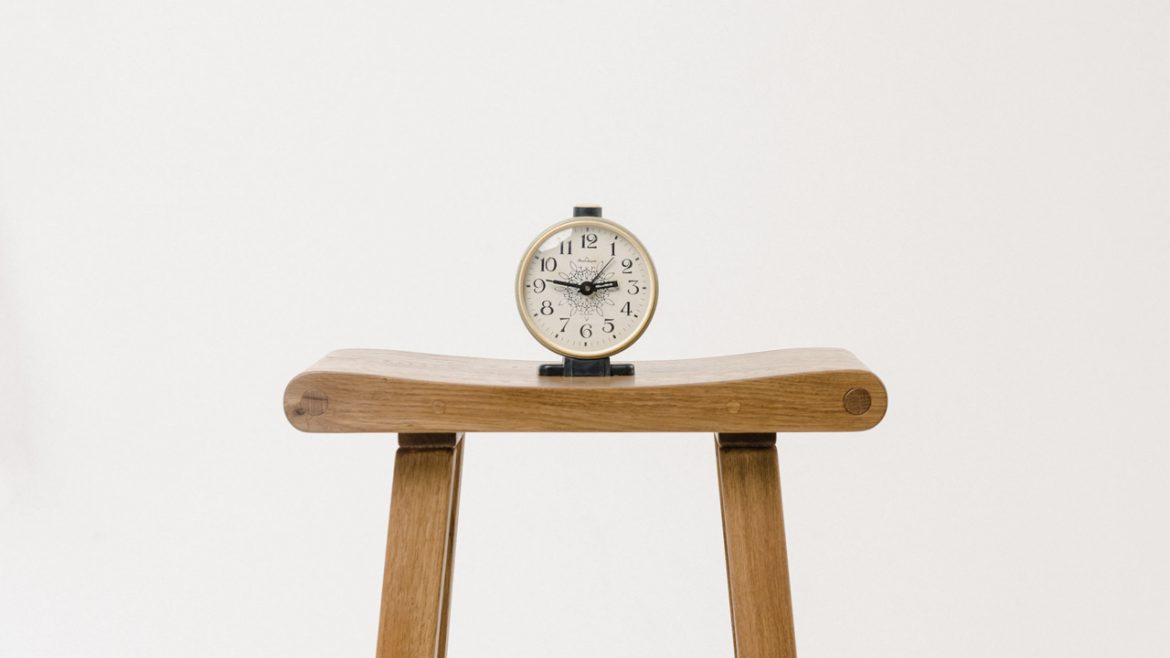by Jenny Gehman
*Reprinted with permission from Anabaptist World magazine, AnabaptistWorld.org.*
I’ve had a harrowing relationship with hope. For long stretches of my life, I’ve felt deathly allergic to it. I had a particularly visceral reaction to the words of the prophet Jeremiah, who declared:
“‘For surely I know the plans I have for you, says the Lord, plans for your welfare and not for harm, to give you a future with hope” (29:11).
A dozen or so years ago, a dear friend gave me a beautiful rendering of those words etched onto wooden boards. I was taken aback by this gift. Not for its beauty, but because my friend was well aware of my negative reaction to that scripture which, in my suffering, had been glibly given to me too many times. Doled out by well-intentioned people, it only served to add to my pain.
At the time, I wasn’t seeing any hope or future. I felt cut off from both.
Why was she giving this to me now? It felt like salt on an open wound.
Having noticed the disappointment and confusion on my face, this friend was quick to point out that the boards were hinged, so I could open or close them like a book.
With that, this dear one gave me both permission and control. She wanted desperately to offer me hope, but at the same time knew it might be too raw and painful for me to open up to. So now, she told me, I could close the placard when hope was too hard to bear. I loved her for that.
In Romans 5, Paul talks about hope as something that ultimately rises out of our suffering. According to him, suffering produces endurance, which produces character, which produces hope.
I have a feeling this equation is like one of those interminable math problems in my college statistics class. You eventually get to the bottom of it, but it’s a lot more complicated than two plus two.
However long it takes us to get there, Paul says, this hope that awaits us does not disappoint.
In The Message, Eugene Petersen put it this way:
“In alert expectancy [hope] such as this, we’re never left feeling shortchanged. Quite the contrary — we can’t round up enough containers to hold everything God generously pours into our lives through the Holy Spirit!” (Romans 5:5).
Waiting expectantly for God to fill the empty spaces is a habit of hope. It reminds me of the story in 2 Kings 4 of a woman who had been emptied — emptied of her husband, of her possessions and provisions, and very soon to be emptied of her two sons, set to be sold as slaves.
Destitute, the widow cried for help to the prophet Elisha, who offered what appeared to be very strange advice. Learning that this woman had nothing of value in her home but a tiny bit of olive oil, Elisha said: “Go outside, borrow vessels from all your neighbors, empty vessels and not just a few” (2 Kings 4:3).
Empty, the prophet said, and not just a few. Ridiculous! How about instructing this poor woman to go around and ask all her neighbors for full jars? And while she’s at it, for bread, spare change and a job or two for her and her boys? Elisha’s advice seems overwhelmingly unhelpful.
But the prophet’s instructions were clear: What you, in your aching emptiness, need is to increase the empty all the more. In fact, collect all the empty you can, and then hold it all out there before God.
The people in Jeremiah’s day did this for 70 long years. A habit of hope is not only harrowing. It can be downright hard. What if all this empty isn’t filled?
And yet, the invitation remains: to stand, day after day, at the corner of emptiness and expectancy, and hold our cups high.
But we needn’t do this alone. In fact, we mustn’t.
When the widow came to her neighbors, I’d like to believe that along with those empty jars they lent her their hope like my friend did for me. I’d like to think they gave their belief. That along with the jars they held out holy anticipation and expectation. That they were with her in the wonder and the waiting.
And so, during these dark days, I will call on courage as I walk to that corner spot. I will bring not only my emptiness but the emptiness of my neighbors, both near and far, that I’ve collected along the way.
Perhaps we’ll meet there, you and I, and together hold this empty high, in this daily habit of hope.
 Looking for resources to add meaning to your holiday season? We have collected liturgies, services, music, and much more to celebrate Advent, Christmas and into the New Year and Epiphany. Blessings on you and yours.
Looking for resources to add meaning to your holiday season? We have collected liturgies, services, music, and much more to celebrate Advent, Christmas and into the New Year and Epiphany. Blessings on you and yours.

